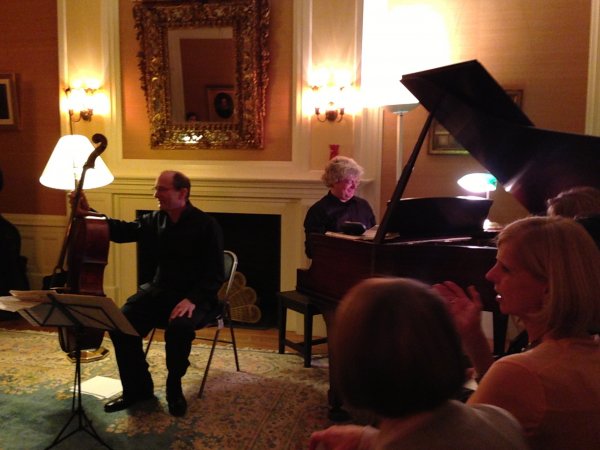With no true reference and a room that mangles sound beyond belief .. its impossible to actually reproduce what you think was the performance as "live" .. you can set up a stereo system that does give you the illusion of being there tho
However live unamplified music DOES give a point of reference as to the dynamics , sound and scale of an instrument or performance.
was in ireland recently .. lots of irish unamplified bands playing irish jigs (not my cup of tea) , but I was often sitting next to the performers in the pub and got an insight into the sound of the instruments , the pace of the music and so forth..
My hifi will never be like that , and at times you dont want it to be
At the wedding I attended there was a small 3 man jazz band , I was right next to the double bass player .. and had my hifi reproduced what i heard , I would have been dissapointed , none of those fingering sounds and the bass sounded mushy and ill defined
However live unamplified music DOES give a point of reference as to the dynamics , sound and scale of an instrument or performance.
was in ireland recently .. lots of irish unamplified bands playing irish jigs (not my cup of tea) , but I was often sitting next to the performers in the pub and got an insight into the sound of the instruments , the pace of the music and so forth..
My hifi will never be like that , and at times you dont want it to be
At the wedding I attended there was a small 3 man jazz band , I was right next to the double bass player .. and had my hifi reproduced what i heard , I would have been dissapointed , none of those fingering sounds and the bass sounded mushy and ill defined







